In Bogotá, Prudencia makes its own rules
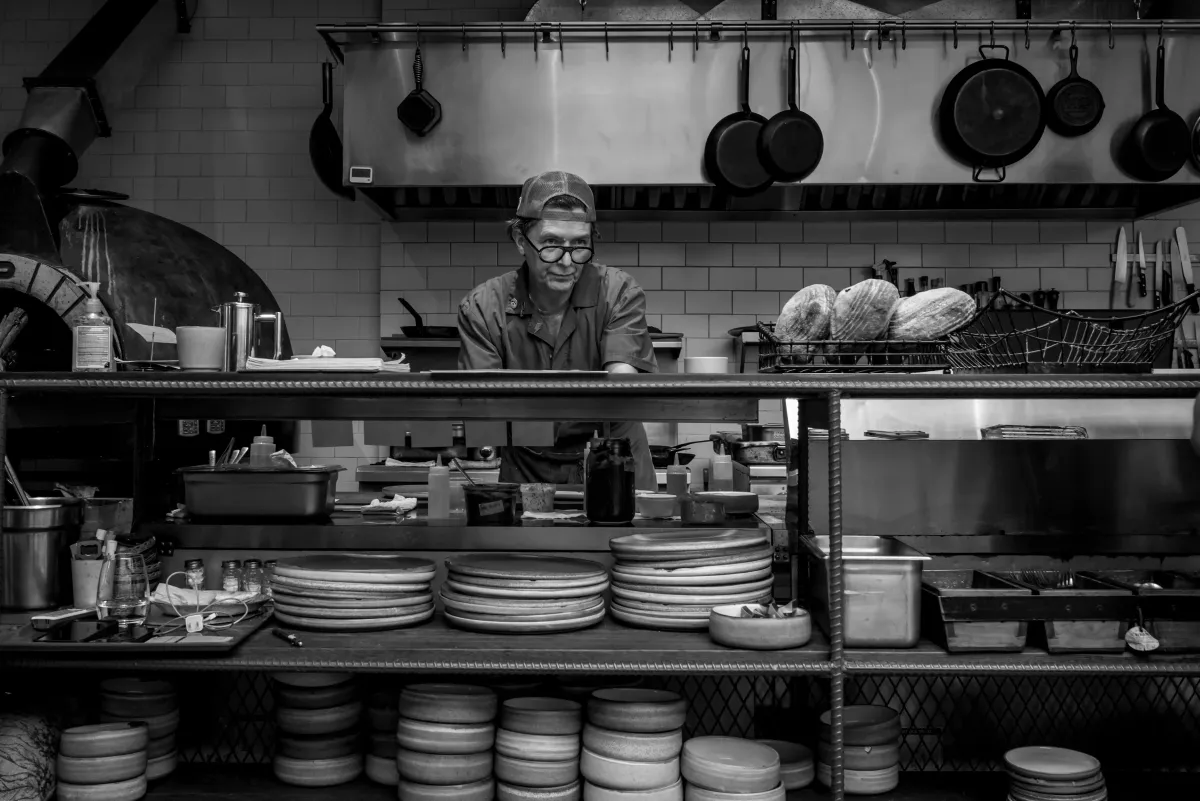
On a peckish, food-driven walk through the La Candelaria neighborhood in Bogotá, I came across two tall, sturdy wooden doors. The type of doors that are asking for a knock. So I did.
When the doors of Prudencia opened, the staff greeted us and asked if we had a reservation. We didn't, but fortunately, they had a table to spare for lunch. Inside is one main seating area comingling with an open industrial kitchen. Above is a vaulted ceiling made of glass, letting ample amounts of natural light in. The building has old bones but is beautifully restored to show just enough patina.
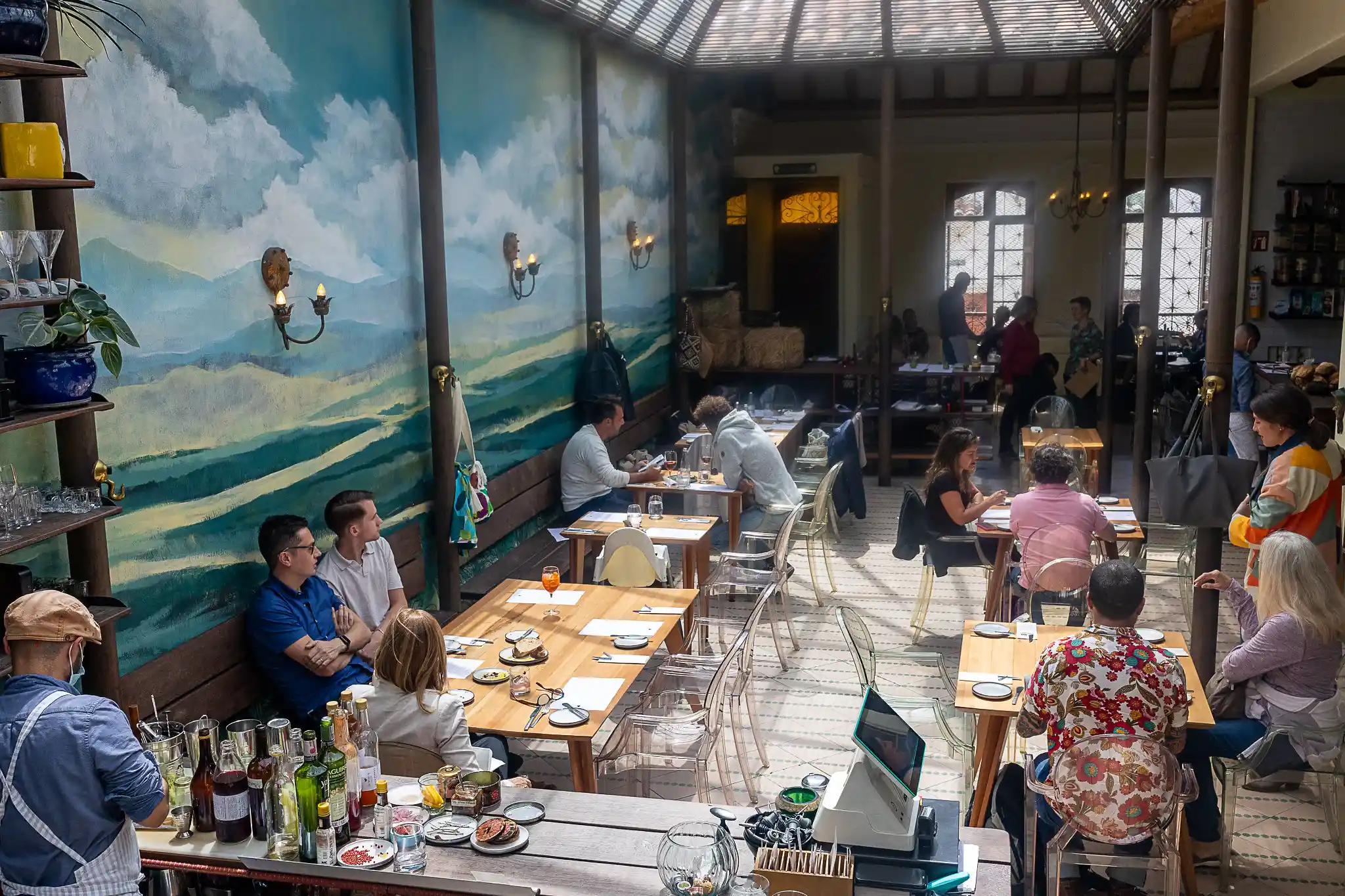
The food was outstanding. But the story of Prudencia, well at least my story of Prudencia, isn't really about the food. As I waited for the first course, I noticed that at certain points during their meal, patrons would get up from their table, grab their drinks, and move out into the adjacent garden area. And after a few minutes, they'd come back to their table in the main dining area. Another group of folks was also up and about talking to the head chef, who took them on a brief tour of the restaurant.
All of this movement, the choreography, gave Prudencia an energy that was uniquely theirs. So, as my third course appeared, I considered what I was watching. I didn't quite know what to make of it, so I decided to ask.
Mario and Meghan, chefs and owners at Prudencia, were kind enough to invite me over to have a chat with them at their home in Bogota. It was a fascinating conversation that went in a few different directions, some of which I wasn't quite expecting. But that's the joy of getting to talk to talented, interesting people on the road.
On Running a Restaurant
Mario and Meghan come from relatively unconventional backgrounds; Mario is a political scientist turned chef, and Meghan is a self-described "crazy artist." In many ways, not going through the standard chef brigade pipeline has given them a unique perspective on operating a restaurant.
"Mario and I are always saying, whenever we make a decision that's not a common business practice, it usually works out for us."
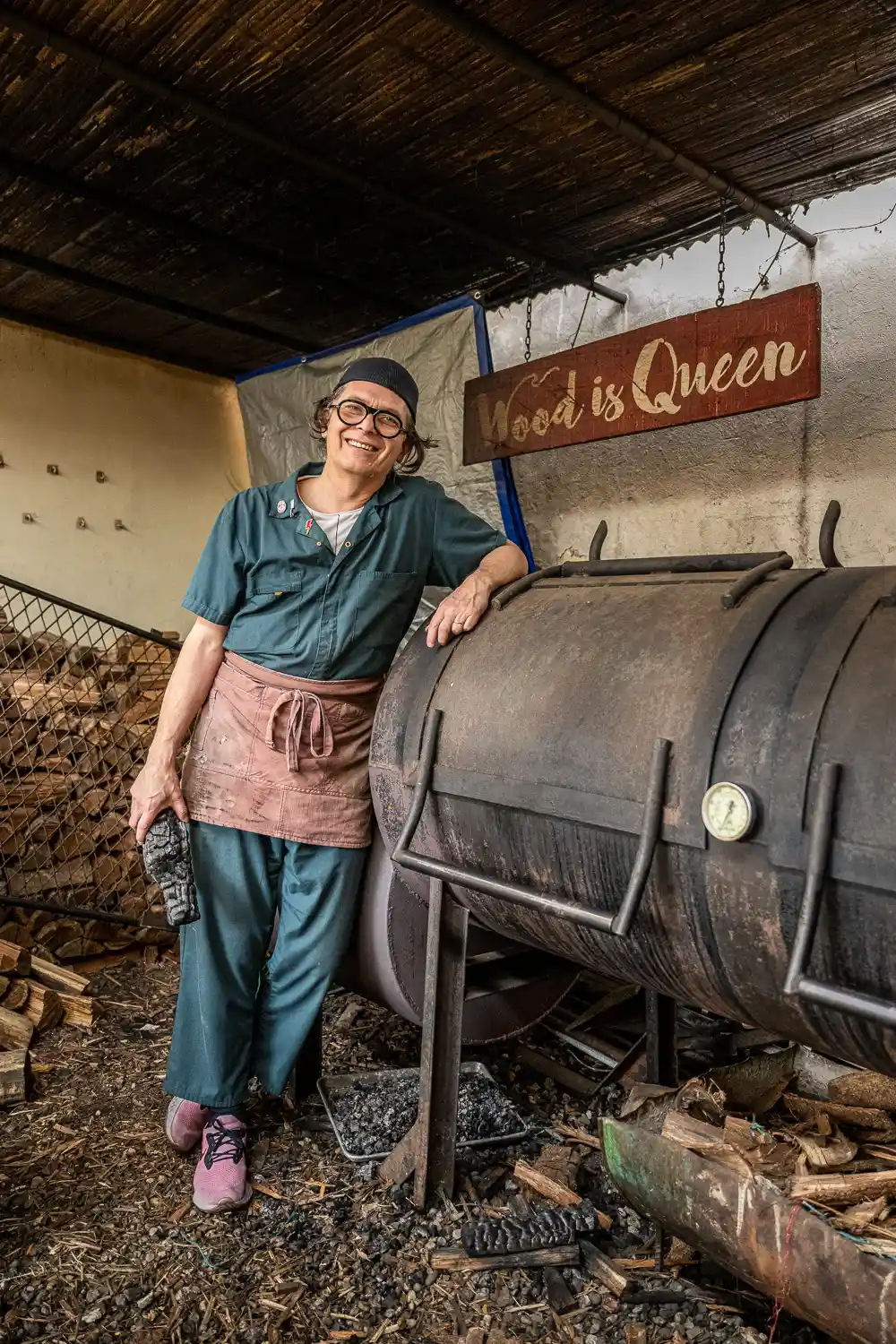
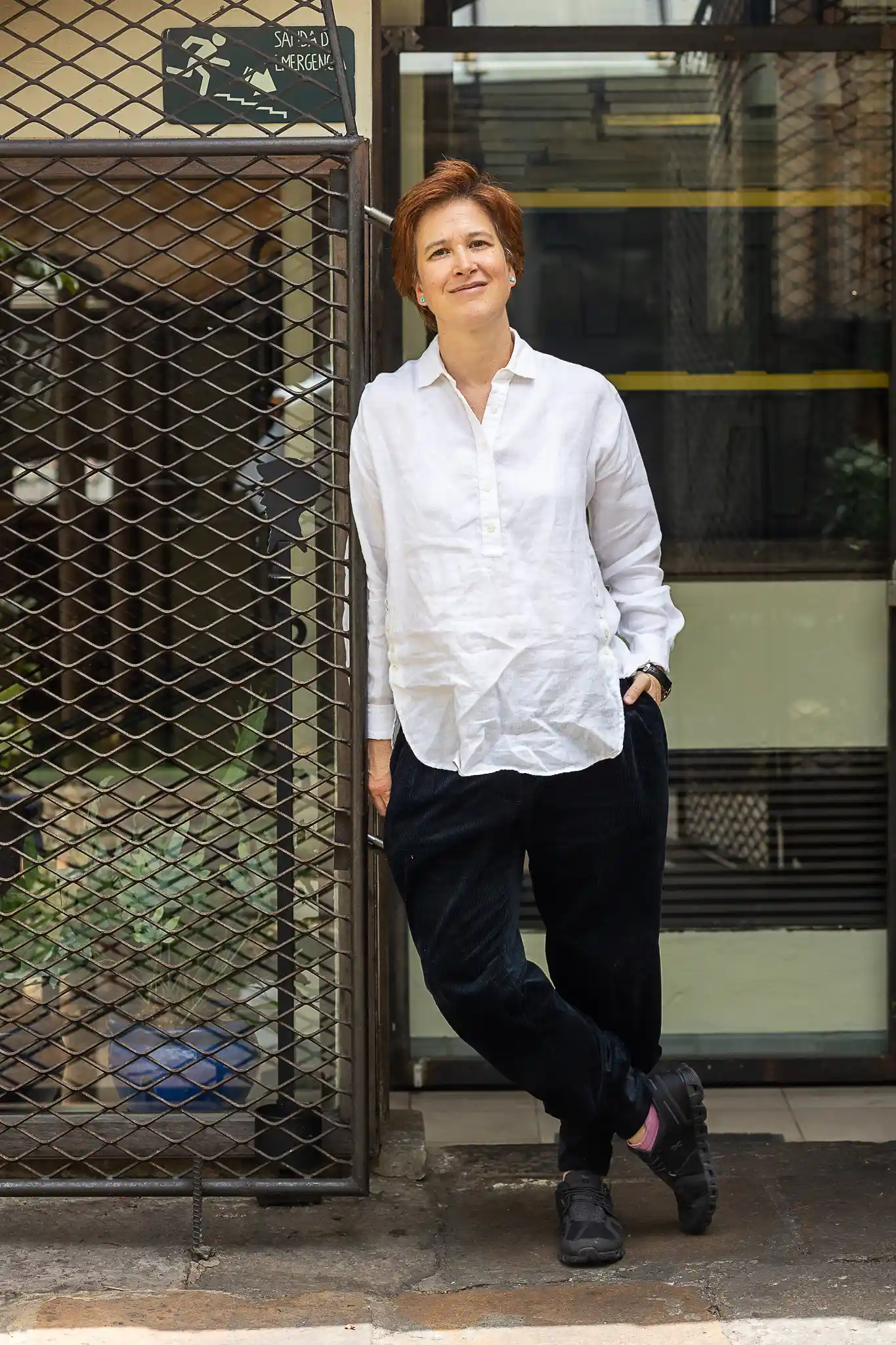
Opening in 2016, Prudencia was a young, promising restaurant in the heart of the historic La Candelaria neighborhood. Its reputation was growing fast, "Through the first four years, up to right before the pandemic, we were working ourselves to death," Mario said. But that's how you run a restaurant, right? Open for lunch and dinner six days a week, churn tables as fast as you can, rely on tips, and do everything humanly possible to minimize food costs.
But, like every restaurant, the pandemic forced Prudencia to refocus. Pandemic-related restrictions meant fewer tables and fewer diners. They had to find a way to make it all work.
Their solution was to focus less on flipping tables and more on the guests that they could get in the door. "We actually reopened with an eight-course lunch. And we spread out the tables. And we said, let's send people out to the garden for a couple of courses just to use our space." Meghan said, "People wanted to be outside. So we wanted to just give them all afternoon to enjoy themselves and just have that other environment."
After a few months of this, they saw benefits to the smaller format, but the issue was, after losing nearly 100% of your consistent clientele, how do you make the numbers work? Conventional wisdom says that you put food cost percentage at the center of your restaurant's financial strategy. But, their unconventional roots led them down a different path.
"So when we decided to reopen, rather than determine our price by food cost, we decided to start with our ideal salary and take home tips for our staff." By determining what they wanted to make and pay their staff, they were able to figure out how much they would have to charge, "We thought there's no way that this is going to work, but this is the only thing that we're going to try."
After running the numbers, their idea was simple: double the menu price, which would allow them to increase their staff's base salary by 25% and lead to double the tips. It was a bold move, especially given the fact that every other restaurant in Bogotá was trying to minimize costs as much as possible.
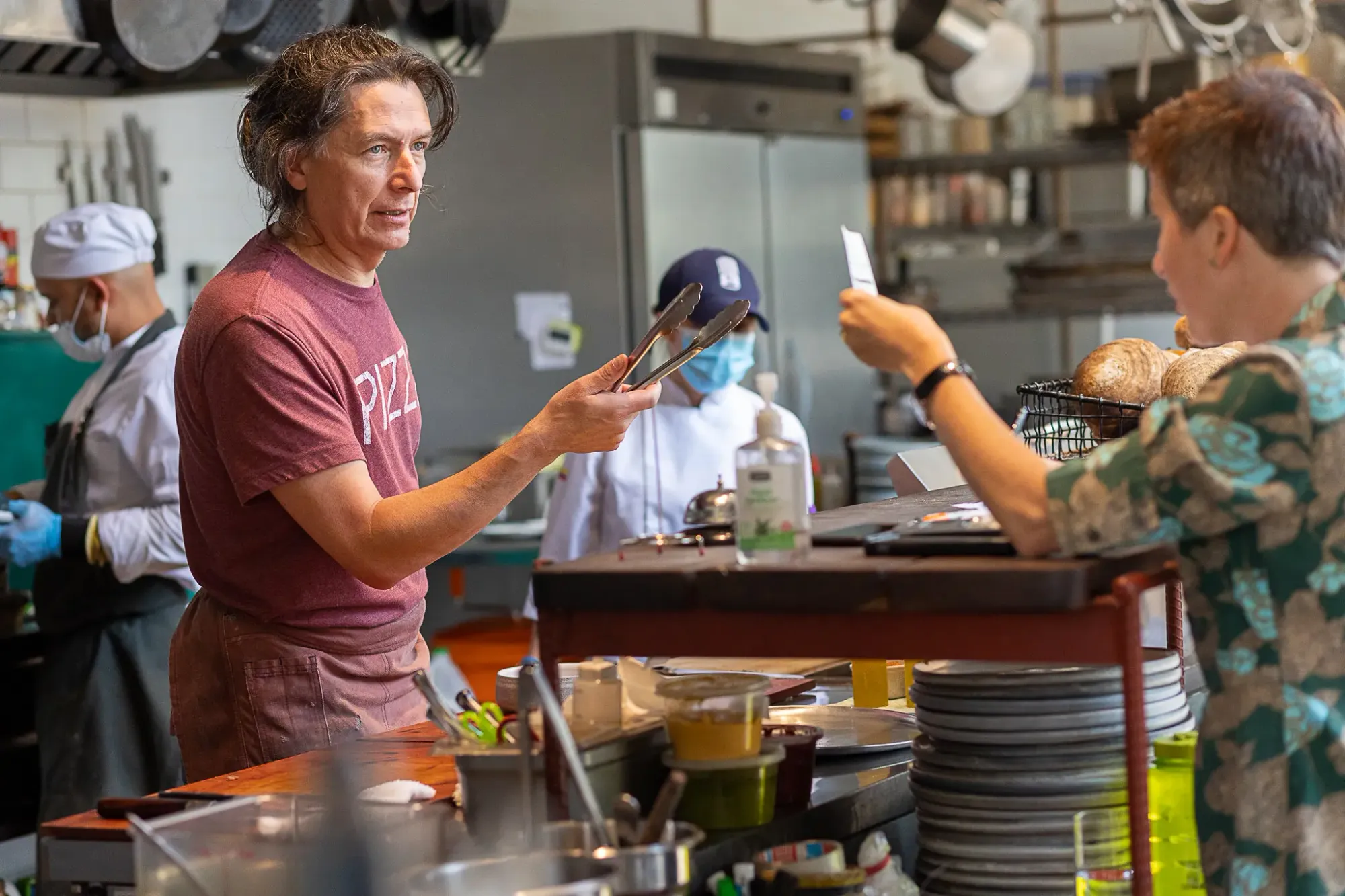
But it worked. Despite the higher costs, people loved the environment at Prudencia, the way you spent time in the garden, talking to the chefs, and just taking the time to enjoy your entire afternoon. It also allowed them to focus on execution, ingredients, and service, "I think it's also giving you a bit of freedom with the ingredients and with the quality as well." Meghan said, "Because once we said the price is going to be this, then the food had to match that."
And it didn't just work for Meghan and Mario, it worked for their staff too. The rise in wages for their staff, from an increased base salary and more tip money, led to other benefits. Mario and Meghan are in a Bogotá restaurant WhatsApp group, "on the restaurant chat, we don't talk about these kinds of details with people so much, but they were all like, 'we're losing staff, everyone's quitting.'" But the staff at Prudencia wasn't quitting, they had dramatically less turnover and fewer issues keeping folks engaged.
And second, their staff started asking financial questions they hadn't been able to before, "our staff came to us, and they were like 'what should we do? We're paying off our credit card debt, what's next?'" Meghan said, "And that was really rewarding because we brought in these financial consultants, and the team came in on their day off to learn this stuff, and then a couple of weeks later, they were like, 'Oh, I'm figuring out a mortgage. I'm changing my kid's school to a place that's more expensive, but I'm confident it's going to be a better education.'"
It's probably true that based on conventional wisdom, their plan to center their business on staff wages should not have worked, so I asked Mario why he thinks it did:
"I think it's all just pure energy, just pure karma," he said, "You're doing this thing not to throw or not to manipulate your luck or your fate or anything, but you're putting out into the world just a good sense, a mindful decision. You're hoping just that it works, that you help people out and whatever, and then suddenly it just takes a life of its own without any precedent and without any explanation."
On Colombia
Skylar
What advantages do you think restaurants have in Colombia, outside of all the ingredients from the Amazon?
Mario
"Unlike a place like Mexico or Peru, where they have a lot more extended culinary tradition, there is so much more to do here. Everybody that has tried [to open a restaurant] or that is trying it now has so much more room to grow, including ourselves. So the traditional cuisine trajectory in Colombia has only been really interesting in the last decade or maybe less. So there's so much more room to grow for everybody here."
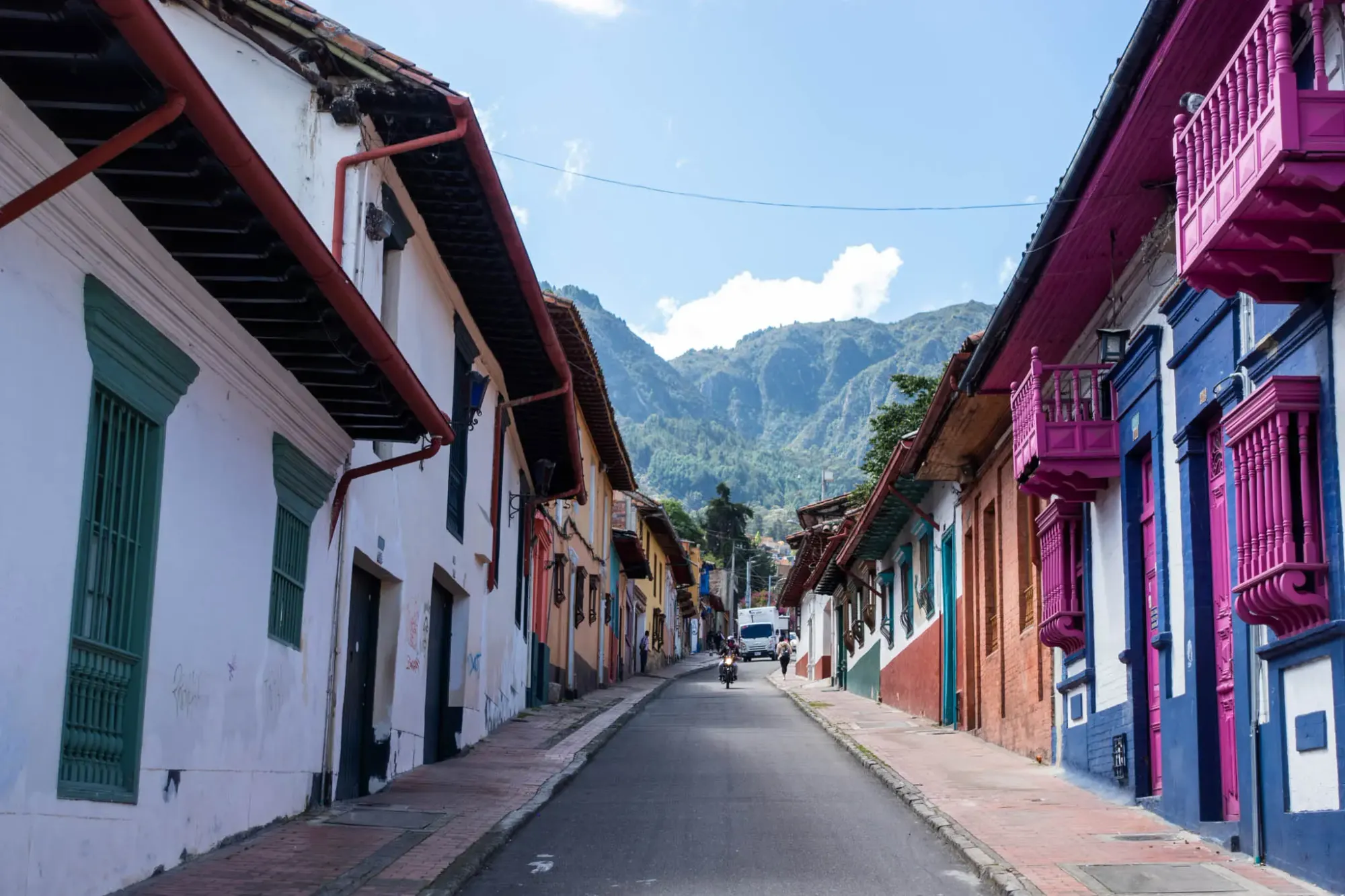
On Sustainability
Skylar
On the website, you write a bit about sustainability. I think that the actual quote is, "local ingredients, a minimization of waste, in connection with the natural environment." Can you talk a little bit about that?
Mario
I'm always behind everyone in optimizing, whether it's a tool or an ingredient. For example, your main concern about working with a wood fire is to be ethical about the fire itself and to figure out how to work with the most efficient technique so that you don't just have a wood fire going.
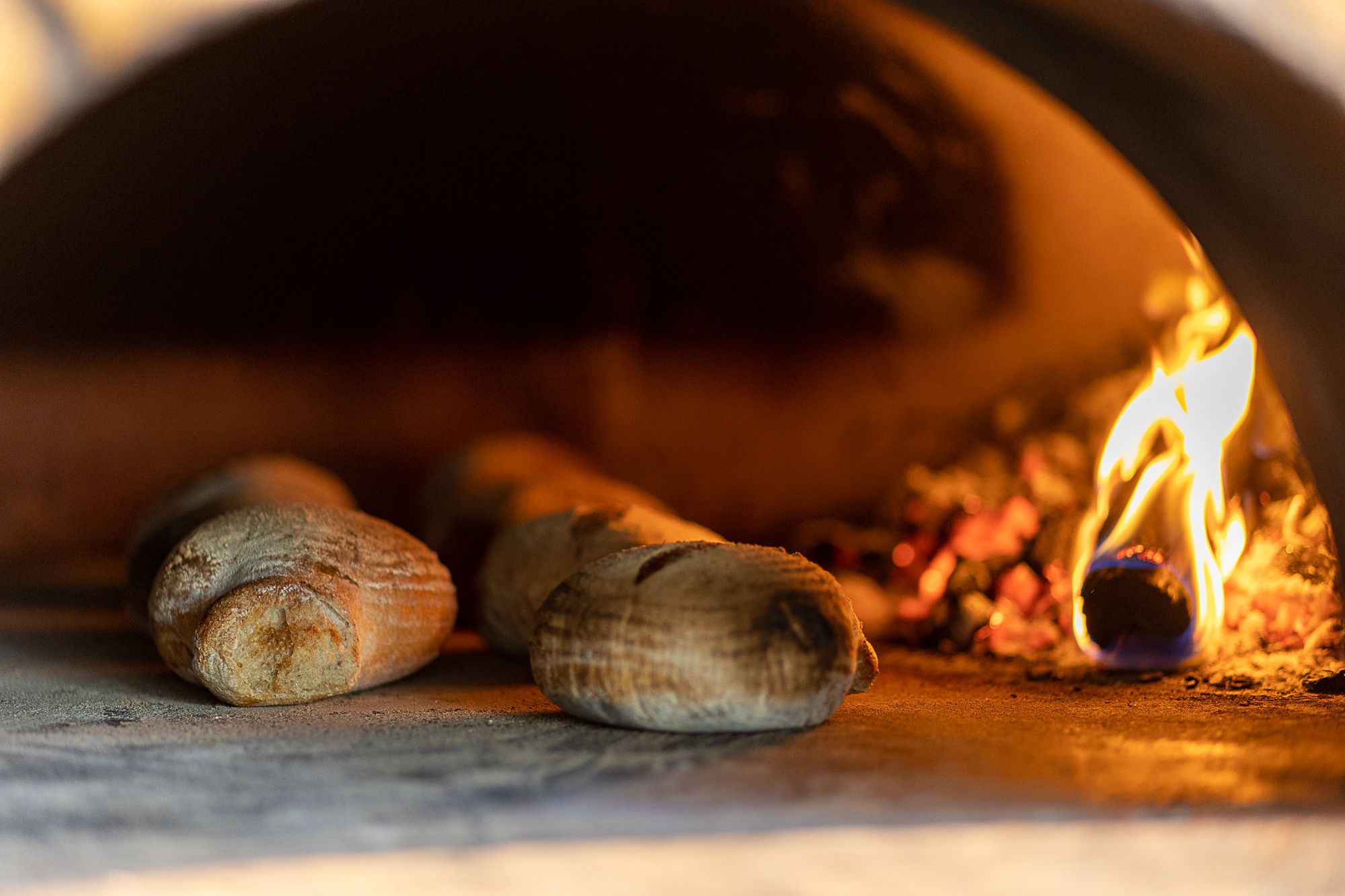
If you figure out how to grill vertically in different temperatures, make sure you prepare it, your mise en place, and you're ready to do multiple amounts of things to utilize that fire as much as possible - same thing with the wood oven. Just don't have a wood fire going in there just to start it out in the morning, but have a plan ready, just to see as much use that you can get out of that oven.
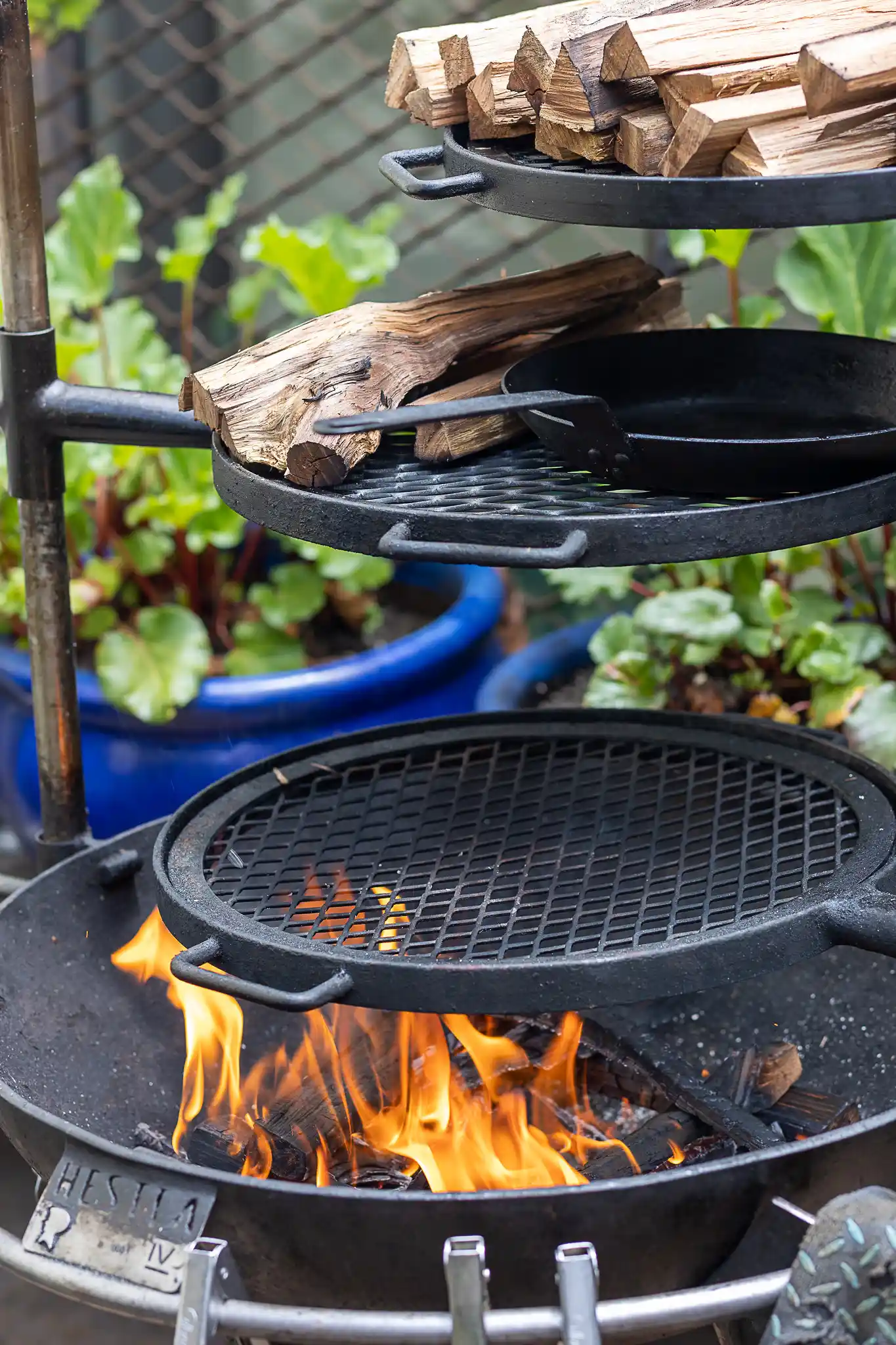
But also ingredients - we never ever ever ever throw away any scraps of any kind. So between 2016 and 2017, we were starting to get busy. And we used to work six days a week. And we realized right away, okay, how can we rest two days a week? And well, we have to work smarter. We're going to lose a day in sales a month, 4 days a month, whatever. We have to save more money, and we have to be a lot smarter about it.
So recycling within a restaurant became a prerogative. We ended up developing a lot of programs about how to recycle food. We started, you know, recycling a lot of stems and nuts and skins of any kind. Or anything that was maturing too fast, you know, recycling, putting it in a compost.
But in the beginning, we were just composting our own little garden in the back. But it was like, now wait a minute, we're creating more compost than the garden needs. What else can we do with this?
And then suddenly we started researching, and it was like, we can make this, we can turn that into something for the bar. And we're making vinegar, so we ended up making cultures, and we're trying to work with a lot of salt and preserving stuff. And so then, if you look at the history of ketchup, that's what it is. If you have sugar, salt, and vinegar, you can make anything into ketchup.
Shortly after the pandemic first hit in 2020, I remember a subtle optimism that started to invade many of our minds. Maybe, just maybe, given all this time for contemplation, we'll be able to change the way we have oriented society in the United States. Maybe we'll make our healthcare system more robust. Maybe we'll pay people living wages. Maybe we'll start valuing the right things. Maybe we'll stop focusing on work and start spending time with our family. Maybe, just maybe.
Sadly, a few years after the pandemic started, it's hard to find many areas where that optimism came to fruition. So I think that's why the conversation with Mario and Meghan from Prudencia really stuck with me - they did manage to change the way their business operated, eschewing decades of conventional restaurant wisdom. They took the type of risk that so many of us are too afraid to even entertain.
It won't always work out like it did for Prudencia. But somewhere along the lines, it feels like we've lost the ability to at least give it a shot.
Support
I run and maintain this site and newsletter by myself. As such, my work is primarily supported by kind people like you. If you find my work worth something of value to you, consider supporting The Daily Grog by:
- Subscribing to the FREE newsletter.
- Joining the Grog Club.
- Buying me a coffee.
- Telling your family, friends, or enemies - anyone you think might find it interesting.
Cheers,
Skylar
